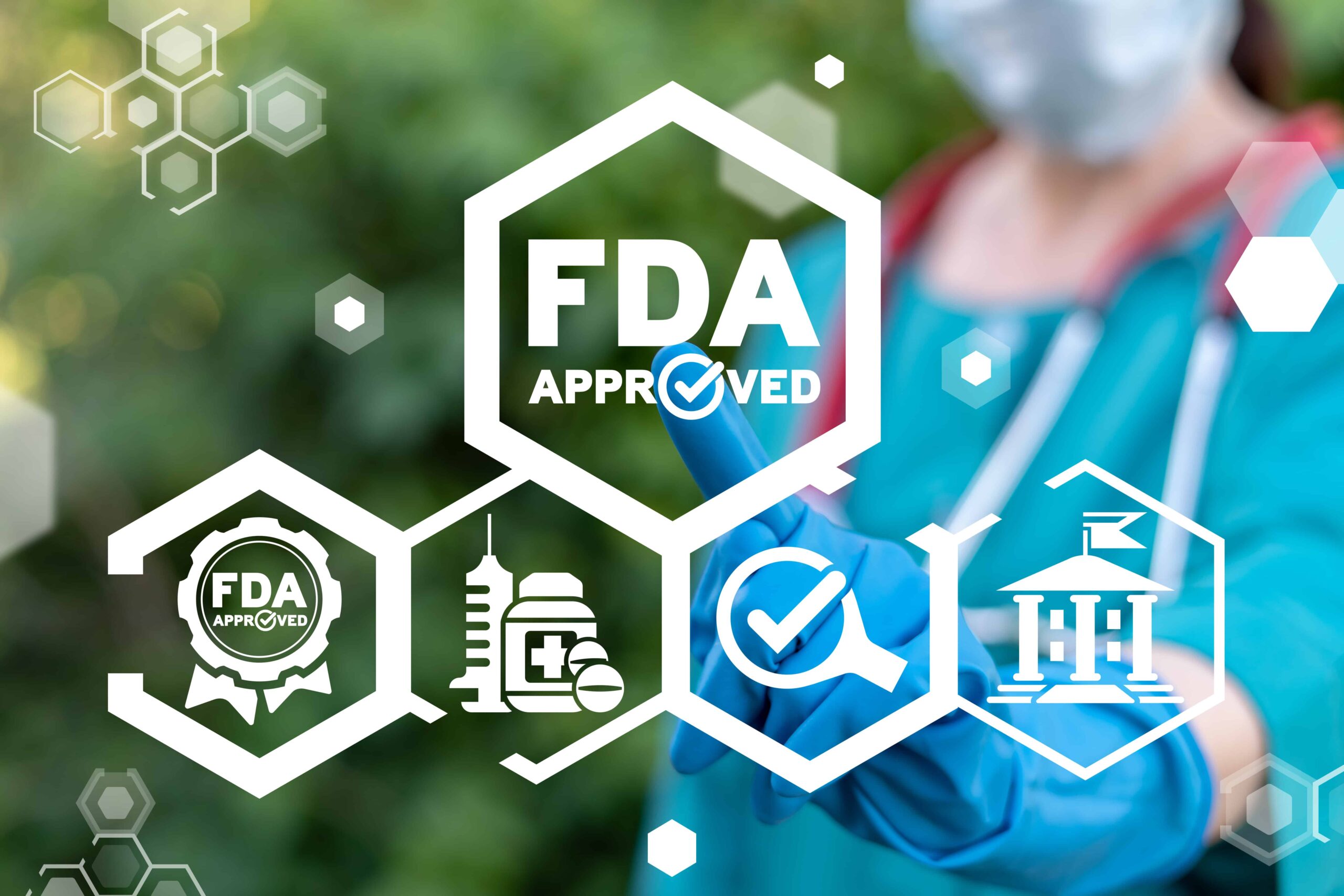Client overview
Our Client is a global leader in generic and specialty medicines. It boasts a portfolio of more than 3,500 products used by around 200 million people across the globe each day.
For over 100 years, the Client has found new ways to help patients improve their lives. Recently, it developed the world’s first range of digital inhalers designed to deliver long-term treatment to people with asthma and chronic lung disease.
Meeting new regulatory compliance requirements
The Client wanted to obtain regulatory approval for its family of digital inhalers from global authorities including the US Food and Drug Administration (FDA) and the European Medicines Agency (EMA). This presented two challenges.
First, unlike mobile health devices or wearables that measure and monitor, say, heart or respiratory rates, each of the Client’s inhalers contained at least one pharmaceutical substance. They also collected sensitive data about individuals’ use of that substance. This meant the products had to meet the highest level of regulatory compliance for therapeutic drugs from the likes of the FDA and EMA.
Second, new regulations for digital health products were emerging in different territories. These governed cyber security, data privacy and Software as a Medical Device (SaMD). The FDA, for example, unveiled a new Digital Health Center of Excellence and declared its intention to evolve its regulatory review of digital health technology in September 2020.
“Regulation in the world of digital medicine is constantly evolving in light of innovative technological developments, and the regulator places a lot of emphasis on the human dimension.”
Integrating quality assurance approaches to deliver results
Qualitest assigned the Client a specialized team that could deliver on schedule, on budget and on quality across the varying language and regulatory requirements of different markets. This team included a pool of quality engineers and regulatory writers, who prepared system designs, and tested and validated these novel systems.
To achieve the highest level of quality and still be efficient, our quality engineers integrated and synchronized different quality testing approaches, including:
- Manual testing targeted at end-to-end testing.
- Automated testing for continuous validation, faster emergency patch releases and simultaneous testing of apps, mobile operating systems and devices.
- Validation and verification of the complete system end to end.
We enhanced this approach by using hardware-based simulators to create events and configure device parameters that were difficult to reproduce with a real device.
Testing challenges
To achieve the highest quality, shorten the software development lifecycle and reduce costs for the Client’s range of digital inhalers, our engineers overcame several hurdles. These included:
1. Integrating Agile and Waterfall by taking a life-cycle approach
One of the trickiest elements was marrying agile approaches to testing and quality assurance with the FDA’s requirements for verification and validation, which leaned towards the Waterfall methodology of software development.
Our engineers addressed this by taking a life-cycle approach and integrating manual and automated testing in sprints with final testing and validation by device type. We also included usability and user experience, performance and simulated real-life testing as part of this life-cycle approach.
2. Medical devices leave no room for error
What’s more, the product needed to be completely error-free, as the inhalers embrace a complex integrated digital environment and are loaded with a prescription drug.
Failing to achieve 100% quality assurance was out of the question for the Client. To ensure nothing was overlooked and the products compliant with specified requirements, our digital health specialists conducted robust end-to-end performance, availability and integration testing of the entire system.
3. Cyber security and privacy demands
We also verified that the devices and integral mobile apps and web applications protected users’ privacy according to strict data privacy regulations.
Key benefits
Qualitest’s unique, world-class knowledge of quality assurance in the developing field of digital health ensured a stable, safe, and user-friendly product. In particular, the Client benefited from our familiarity with global regulatory requirements and industry best practices.
- The Client won FDA approval for its range of devices – the first and only family of digital inhalers.
- Qualitest helped the Client achieve the best level of quality with the least effort in the least amount of time by reaching 50% automated testing versus manual testing. This included using hardware-based device simulators to build hybrid data sets and create edge user test cases.
- Our balanced and efficient approach slashed costs and sped up the testing and validation phase of the product by 30%.

